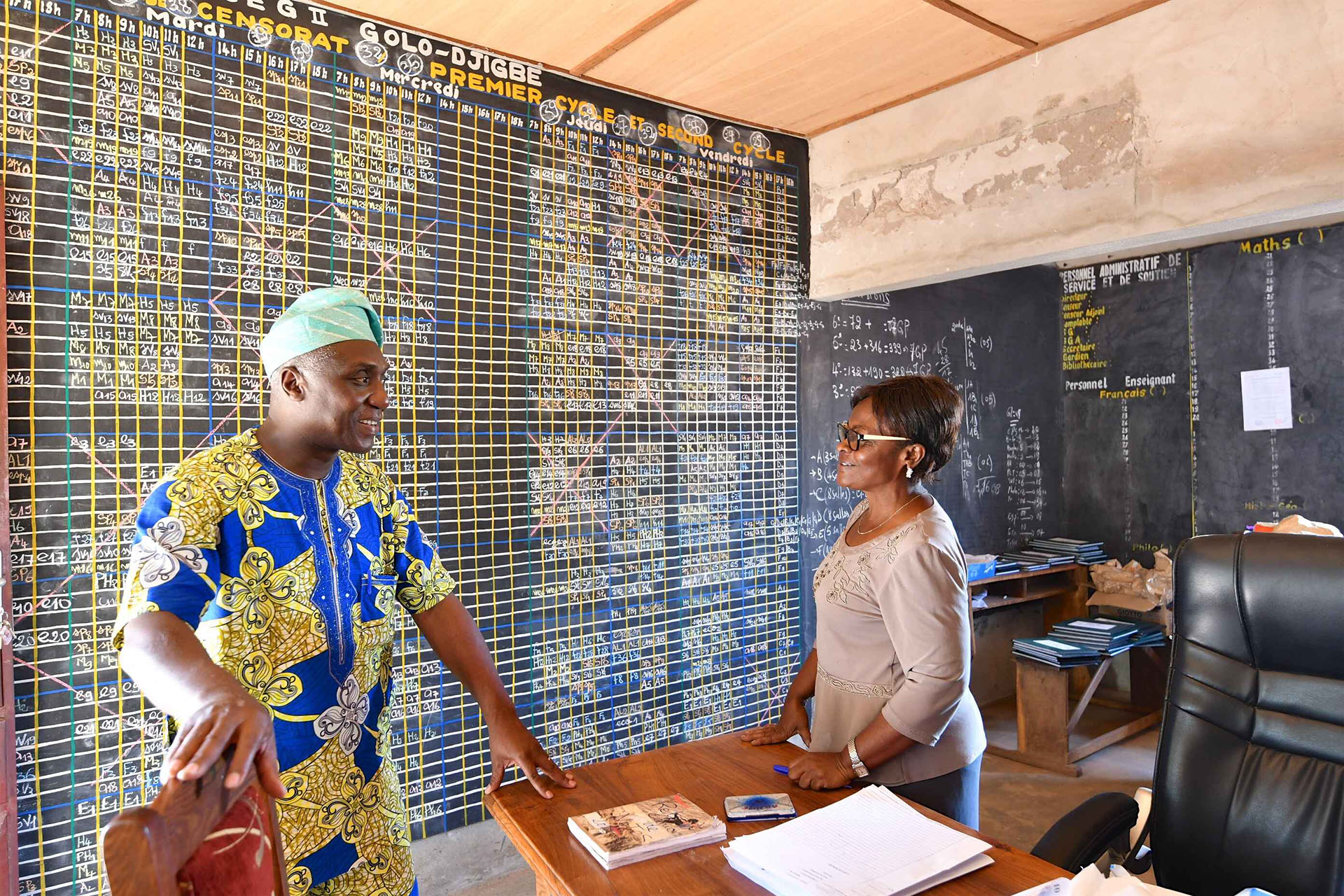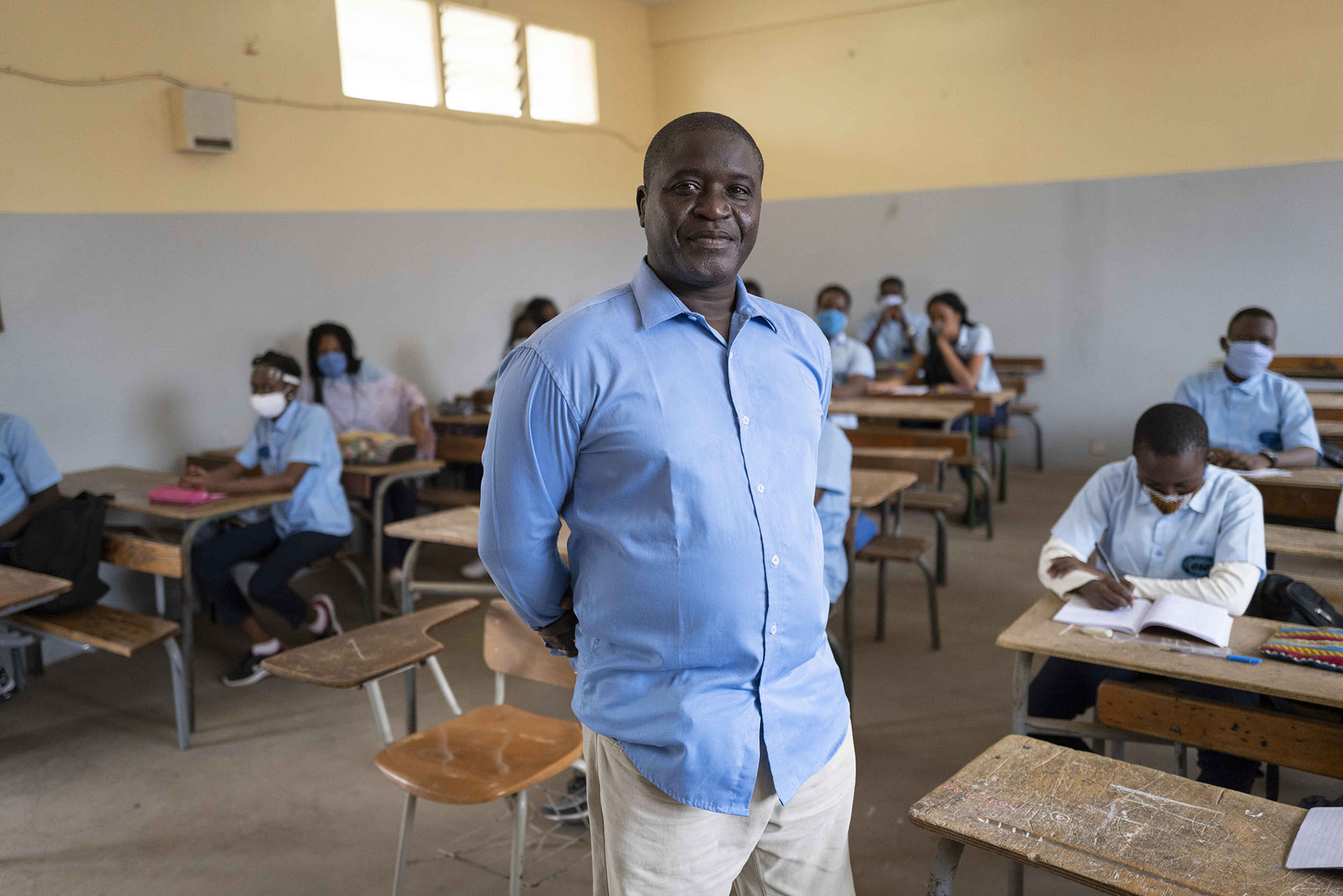The COVID-19 outbreak affected the education of an estimated 1.37 billion students. Although temporary, the impact was significant and required prompt and appropriate mitigation measures.

The education sector itself has had to find solutions, while governments have tried to impose the necessary reforms and intermediate fixes to increase the resilience of the education system. Globally, we have seen the (partial) transition to online learning so that it is not totally disrupted. At the same time, this transition has not necessarily mitigated the effects of the learning crisis for the most vulnerable groups due to their limited access to technology (devices, connectivity, affordable internet access, etc.) and existing gaps in literacy and digital skills.
Now more than ever, digital solutions are needed to ensure that education, as a public social service, continues and that increased access is provided to learners from all walks of life. In this sense, EdTech projects have the potential to bring together the resources, skills and digital technologies that teachers need to create effective online learning.
The Wehubit programme supports projects that use hybrid approaches – combining online and offline solutions – for learning, with particular attention to including students from disadvantaged backgrounds and other vulnerable groups. The increased digitalisation of the education sector brings with it additional responsibilities to ensure that all students are able to participate in learning activities and thus bridge the digital divide.
In this sense, Wehubit aims to strengthen digital solutions to promote continuity and quality of education in the framework of the DIRECCT (Digital Response Connecting Citizens) program funded by the European Union in partnership with the Organization of African Caribbean and Pacific States, implemented by the French Development Agency (AFD) in partnership with the Belgian Development Agency, Enabel.

